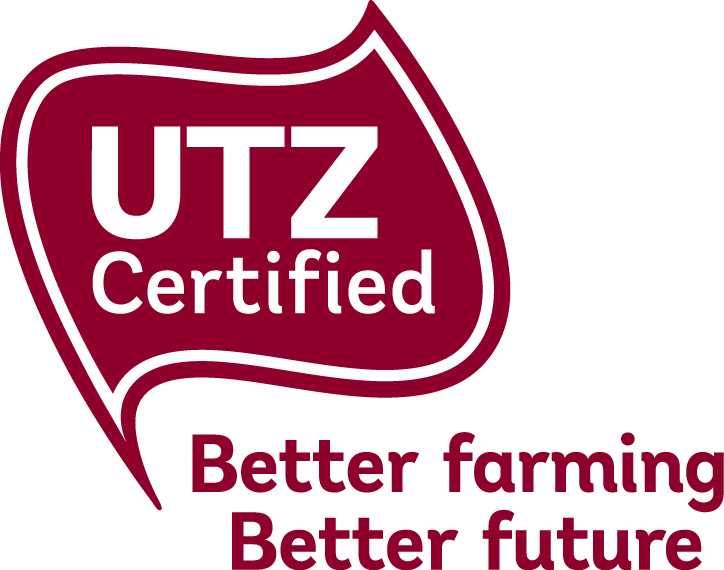ISEAL members 4C, Bonsucro, Fairtrade International, RSB, SAN, and UTZ have ratified the commitment to ban pesticides listed in the Rotterdam Convention, the Stockholm Convention and the Montreal Protocol.
This shows UTZ’s commitment and willingness to further collaborate and work together with other standards to support farmers to phase out Highly Hazardous Pesticides.
UTZ takes part in the ISEAL Pesticides Working Group
Phasing out Highly Hazardous Pesticides is a major challenge, that’s why UTZ works together with other ISEAL (International Social and Environmental Accreditation and Labelling) members in the ISEAL Pesticides Working Group.
The ISEAL Pesticides Working Group’s first milestone is the agreement to include the active ingredients found in the Rotterdam Convention, the Stockholm Convention and the Montreal Protocol in the members’ lists of banned pesticides. This collective approach will support broader efforts to remove highly hazardous pesticides for people and the environment from circulation.
UTZ and the rest of the ISEAL members participating in this working group are establishing their own approach to excluding these pesticides active ingredients from certified/verified operations in order to support farmers to phase out Highly Hazardous Pesticides.
The UTZ approach on pesticides
Synthetic pesticides are still extensively popular to control pests and diseases in an effort to reduce or eliminate yield losses and maintain high product quality. However, dependence on pesticides has resulted in severe problems on non-target organisms, insecticide resistance, pollution of the environment and severe health problems.
UTZ Certified promotes, among other practices, Integrated Pest Management (IPM). This means that producers are expected to use a combination of practices including cultural, mechanical and biological methods to control their pest and diseases and use pesticides as a last resort.
When chemical control cannot be avoided, the choice for a pesticide should strive for maximum effectiveness against the pest and disease, and minimum toxicity for people, flora and fauna. Under the principle of IPM, highly hazardous pesticides become the last resource needed when a good IPM program is implemented.
UTZ works towards the progressive elimination of highly hazardous pesticides (HHPs) as recommended by the council of the United Nations and the Food and Agriculture Organization (FAO WHO, 2013) and therefore has developed a List of Banned Pesticides and a Pesticides Watchlist in which HHPs have been included.
The goal of UTZ is to stop the use of HHPs included in the List of Banned Pesticides and to encourage producers to move away from other dangerous pesticides which are widely used but have no alternative at the moment.
International Conventions
Stockholm Convention on Persistent Organic Pollutants Annex A – Elimination: The Stockholm Convention on Persistent Organic Pollutants (POPs) has been ratified by 166 countries. It aims at protecting human health and the environment from persistent organic pollutants. POPs are organic compounds that to a varying degree, resist degradation and therefore they accumulate along the food chain. These chemicals can move long distances in the atmosphere causing huge environmental pollution. DDT is one of the POPs, but there are more of these pesticides that are still being used.
The Rotterdam Convention (formally the Rotterdam Convention on the Prior Informed Consent Procedure for Certain Hazardous Chemicals and Pesticides in International Trade): The convention promotes shared responsibility between exporting and importing countries in protecting human health and the environment from the harmful effects of certain dangerous chemicals. The convention calls on an open exchange of information and urge exporters of hazardous chemicals to use proper labelling, include directions on safe handling, and inform purchasers of any known restrictions or bans.
The Montréal Protocol (The Montreal Protocol on Substances that Deplete the Ozone Layer (a protocol to the Vienna Convention for the Protection of the Ozone Layer): The Montreal Protocol on Ozone Depleting Substances is a global treaty designed to protect the ozone layer by phasing out the production of numerous substances that heavily contribute to ozone depletion. The only pesticide in the Protocol is the fumigant methyl bromide which is mainly used for soil disinfection in some countries.


















